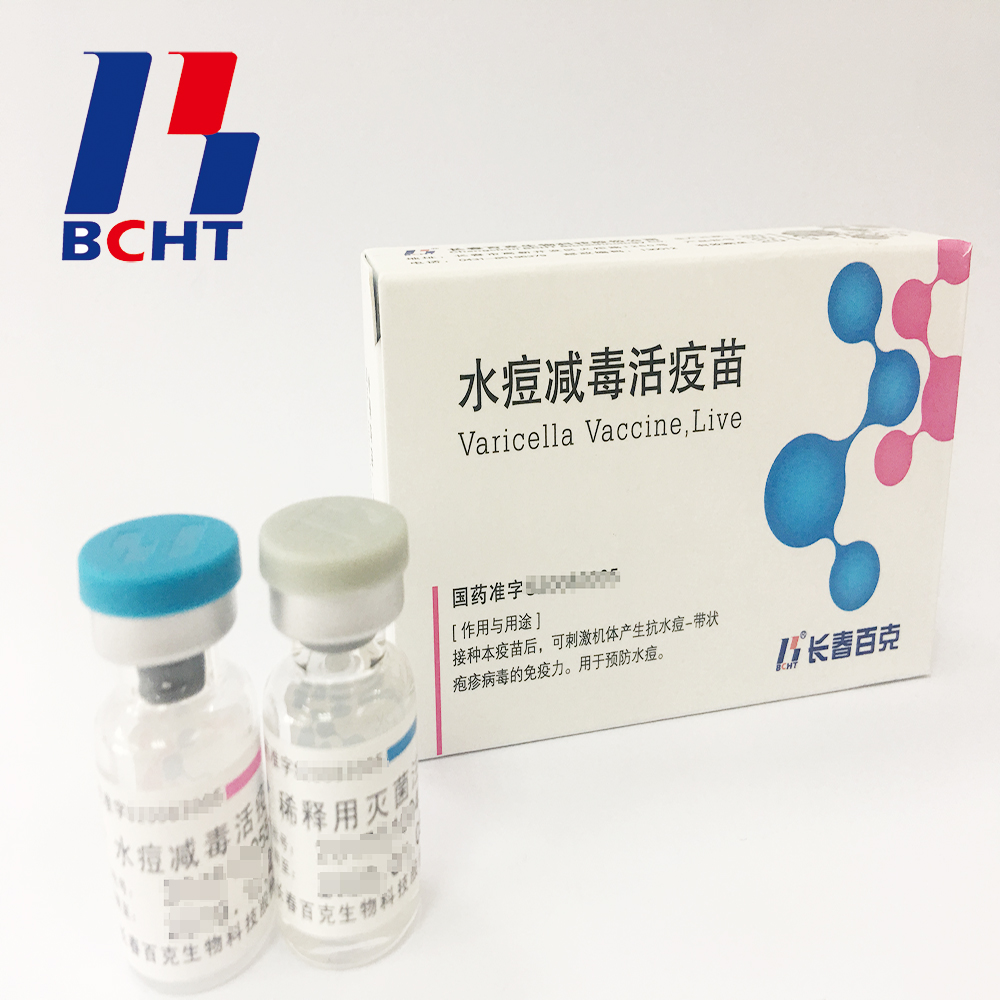Meat sheep breeding management measures The grazing method is hot in summer, and the sheep love to gather and eat enough. Morning grazing should be early as early as possible, generally only when the dew can dry out. From 11 noon to 3 pm, the sheep are allowed to rest in the lap and feed on the grass. In the afternoon, they can graze at 7 pm. In sunny weather, dry places should be chosen for grazing; in hot days, grazing should be done in a shaded area to prevent the Department of Health. Heat sheep is very easy to get angry with sheep in summer. Therefore, it is very important to dry sheep every day to ensure the health of the sheep. Don't rush into the sheepfold at noon to graze the sheep. You can let the sheep rest and drink in the shade. After grazing in the evening, the sheep can be allowed to dry for a period of time before entering the shed. Do not hurry to chase the sheep each time you are grazing and gathering. You should allow the sheep to walk slowly to cool the body. When salt water is supplemented with 1-2 mixed feeds every day (wheat gluten, cornmeal, soybean cake and other rice bran, straw meal), 4 to 6 dilute brines are replenished each day, and the amount of salt added Sheep can be calculated on 8-10 grams. Do not allow the sheep to eat dew grass, sheep eat dew grass easily diarrhea. Do not allow the sheep to drink dead pond water, drain water, drain water, or let the sheep graze and rest in moist and muddy places so as not to cause rheumatism or infection with parasites. Environmental Hygiene In summer, high temperature and high humidity, after returning from sheep grazing, the range of activities becomes smaller, which may easily cause wet conditions and poor environment in the pens, which often causes the occurrence of parasitic diseases. Therefore, attention should be paid to the environmental sanitation, ventilation, and moisture-proof of the sheep house. The house is clean and dry, and it is used for the prevention and treatment of parasites such as pregnant sheep. Daily feeds and drinking water must be kept clean. Feeds and feeding utensils that do not feed mildew, spoilage, poisonous and foreign matter are often kept clean. Sheds and sports grounds should be cleaned regularly and disinfected regularly. Insecticides are bathed in sheep or postpartum ewes. From mid-May to early June, aforetin (insect nemesis) can be used to drive off nematodes and other parasites such as ticks, cockroaches, cockroaches, and flies in vitro. Afudin 1 sachet (5 g) is generally used for every 50 kg of body weight and fed into the feed. Repeated dosing was repeated 7-10 days later, and no medicated baths were available after the insects were repelled twice. Lambs born in the spring can be dewormed in the fall, and they must strictly control the dosage. Prevention and treatment When grazing, always pay attention to the sheep's mental state, appetite and feces, with special attention to the disease prevention and control of the lamb. When an infectious disease or suspected infectious disease occurs, it should be immediately quarantined. The veterinarian should be observed and treated in a timely manner. The corpse of the dead and dead sheep must be properly handled, buried or burned, so that the source of the disease can be cut off, and the epidemic can be controlled and extinguished in time. Renovation of the sheep house should be based on an unobstructed high-strip construction area to keep the house ventilated, cool, dry and easy to clean up the excrement. The height of the sheep house should be maintained at about 2 meters to achieve the purpose of waterproofing, ventilation and heat insulation. There must be a certain slope at the entrance, but it must be leveled so that the soles of the feet are plain when the sheep enters and exits. Houses should be ground to dry fine soil, should not be closed too strict. Pregnancy sheep and lambs, nursing grazing out of the circle to prevent crowding, do not skip the ditch when grazing, do not climb steep slopes, to feed more fresh soy milk, pregnant ewes should be fed in a single column, anti-congestion abortion. Lambs should be supplemented with concentrate.
1.Good safety of gelatin-free.The first lyophilized Varicella Vaccine, containing no gelatin from animals, invented and produced in China. Getting rid of gelatin from varicella vaccine can significantly decrease the ratio of anaphylaxis incidence .
2.Long validity period by good stability. The first approved varicella vaccine with 36 months of validity period in the world. Adopting BH-2 stabilizer with own IP rights (Chinese patent granted No.: ZL200910138411.6, International patent application No.: PCT/CN2009/001405) greatly enhances the stability of the product and ensures the validity period for 36 months under the storage condition.
3.Better protection with high titer and immune eff Varicella Vaccine(Live) Live Bioproducts Pharmaceutical,Live High Potency Medicine,Live Preventive Pharmaceutical,Varicella Biopharmaceutical Live Changchun BCHT Biotechnology Co.,Ltd , https://www.ccbcht.net icacy. It`s documented that compared with the varicella vaccine of low titer, high titer vaccine can reduce breakthrough cases by nearly 75% in vaccination. Of all released batches of Varicella Vaccine from BCHT, the titers are not less than 10000 PFU/dose tested by National Institutes for Food and Drug Control.
icacy. It`s documented that compared with the varicella vaccine of low titer, high titer vaccine can reduce breakthrough cases by nearly 75% in vaccination. Of all released batches of Varicella Vaccine from BCHT, the titers are not less than 10000 PFU/dose tested by National Institutes for Food and Drug Control.